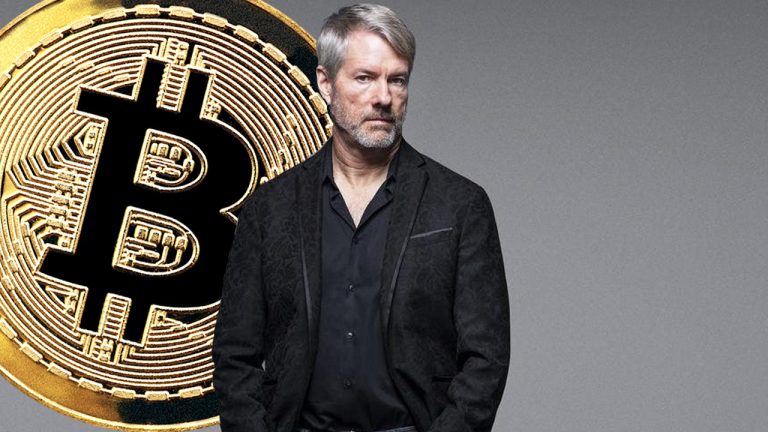
Bitcoin-related funds saw outflows of $13 million over the past week, reversing five weeks of bullish inflows, according to Coinshares analyst James Butterfill.
Bitcoin-related investment products appear to have lost some of their sheen among crypto investors, recording its first week of outflows since Blackrock filed for spot Bitcoin ETF in June.
According to a July 24 report by CoinShares’ head of research, James Butterfill, Bitcoin (BTC) investment products saw outflows of $13 million for the week ending July 21, reversing five weeks of inflows.
Short Bitcoin products also saw outflows of $5.5 million in the week.
Bitcoin Fear and Greed Index is 50 ~ Neutral
— Bitcoin Fear and Greed Index (@BitcoinFear) July 25, 2023
Current price: $29,178 pic.twitter.com/T1DMFpsX9p
In contrast, Ethereum (ETH) and XRP (XRP) investment products recorded combined inflow of $9.2 million over the last week.
Butterfill noted that Ethereum investment products were the best performer last week with inflows of $6.6 million, while XRP funds recorded an inflow of $2.6 million. Other altcoins, such as Solana (SOL) and Polygon (MATIC) tracked inflows of $1.1 million and $0.7 million respectively.

The apparent change of heart follows Ripple’s partial victory against the United States Securities and Exchange Commission on July 13, where the court ruled that XRP isn’t a security when sold on exchanges to the general public.
The news spiked XRP’s price up 76% to $0.83 before cooling off to $0.69 at the time of writing.
Related: BlackRock ETF will be ‘big rubber yes stamp’ for Bitcoin — Charles Edwards
Bitcoin however still remains the dominant digital asset investment product, with $558 million in inflows so far in 2023 and a total of $25.0 billion in assets under management — amounting to 67.4% of the total market share.
BTC is currently priced at $29,128, down 3.1% over the last 24 hours.
Over the last month, a host of financial institutions have filed for Bitcoin spot Exchange Traded Fund applications with the SEC since mid-June, including BlackRock, ARK Invest, Fidelity, Galaxy Digital, VanEck, Valkyrie Investments, NYDIG, SkyBridge and WisdomTree.
Magazine: Should you ‘orange pill’ children? The case for Bitcoin kids books










